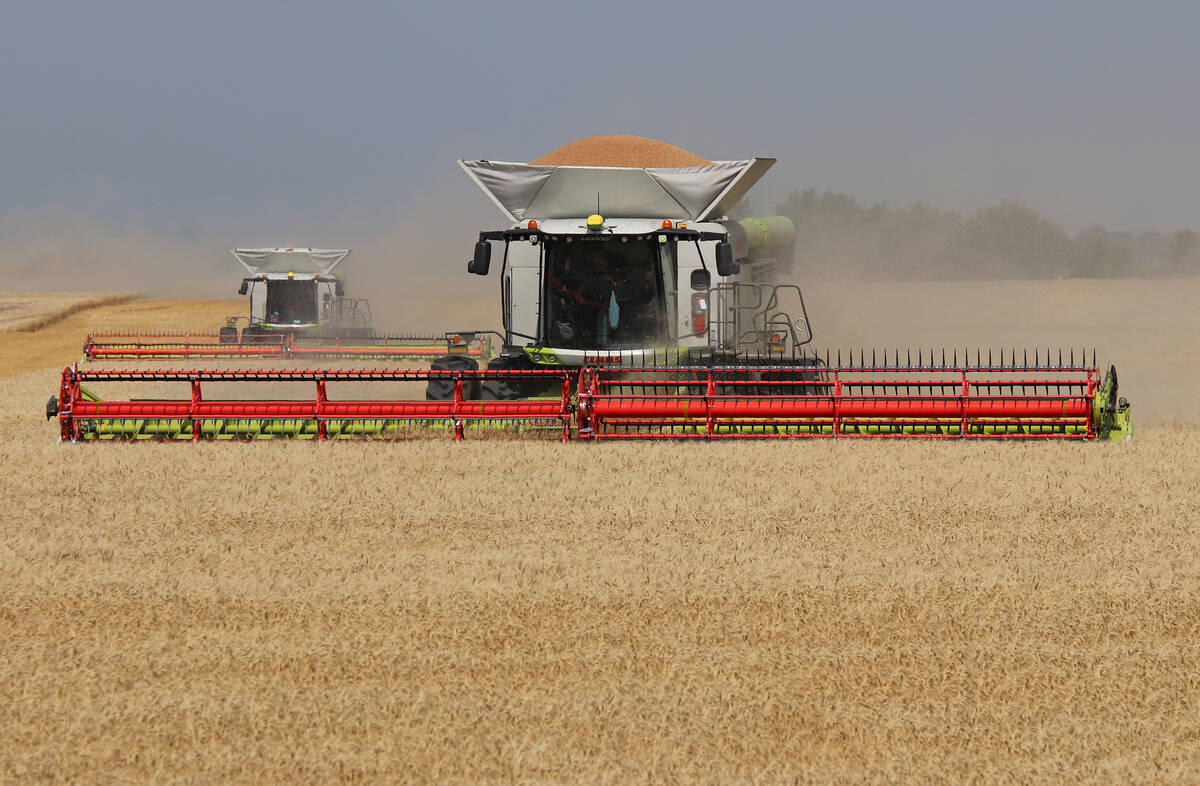An influential farmer representative has criticized the only farm organization to support the introduction of genetically modified wheat.
“For (the Western Barley Growers Association executive) to have said what they said is outrageous,” said Grande Prairie, Alta., farmer Leo Meyer, who represents farmers on the Winnipeg Commodity Exchange board of governors.
“We’re very upset in the industry.”
The association’s executive recently approved the crop’s introduction as long as it is based on sound science. It said market acceptance should not be considered. It also attacked the wheat board for taking a position on the issue.
Read Also

China’s grain imports have slumped big-time
China purchased just over 20 million tonnes of wheat, corn, barley and sorghum last year, that is well below the 60 million tonnes purchased in 2021-22.
Meyer, who is also involved with a number of farm commodity groups and is a former vice-president of the WBGA, said he thinks the association is out of step with barley growers in general and with most free market supporters like him. Though he has criticized the wheat board in the past, and is a critic of its monopoly marketing powers, on this issue he thinks the wheat board is doing a commendable job.
“They are exactly who should be working on this,” Meyer said. “The wheat board is very, very right to send out a warning signal on this.”
Meyer said the board is responsible for selling wheat and barley around the world and is acting responsibly by airing concerns about the market damage that GM wheat could cause.
He said farmers elect most board directors, so the board has the moral right to speak up for farmers on this issue.
After deciding to support the introduction of GM wheat, WBGA president Albert Wagner said he was worried about Canadian wheat and barley buyers refusing to buy Canadian grain if GM wheat was approved.
But he was more concerned about the Canadian grain system destroying its emphasis on sound science if it included subjective factors in crop approval.
Either way, he said, there is risk to Canadian farmers, but farmers must embrace crop development to survive in the global environment.
Wagner could not be reached for comment on this story.
WBGA vice-president Greg Rockafellow was not at the meeting in which his fellow members debated and approved the controversial policy, and would not comment on how the decision was reached.
But he said the disagreement between free market farmers such as Wagner and Meyer reveals the tough situation farmers have been put in by the advent of GM crops.
“As producers, we’re really caught in the middle, in no-man’s land,” Rockafellow said. “There’s really no clear direction which way the world’s going to go.”
He said Canadian farmers do not receive large subsidies from governments, so they must be the lowest-cost producers of their commodities to be profitable.
That means they need access to the newest and best innovations in agriculture to gain an edge.
However, farmers also need to be sensitive to customer concerns, and must give customers what they want.
When it comes to GM wheat, he said, sound science and customer concerns clash.
“I don’t know how we as farmers can deal with this.”
Meyer said he hopes the WBGA realizes many farmers are upset with the position it has taken and want it to reconsider.















